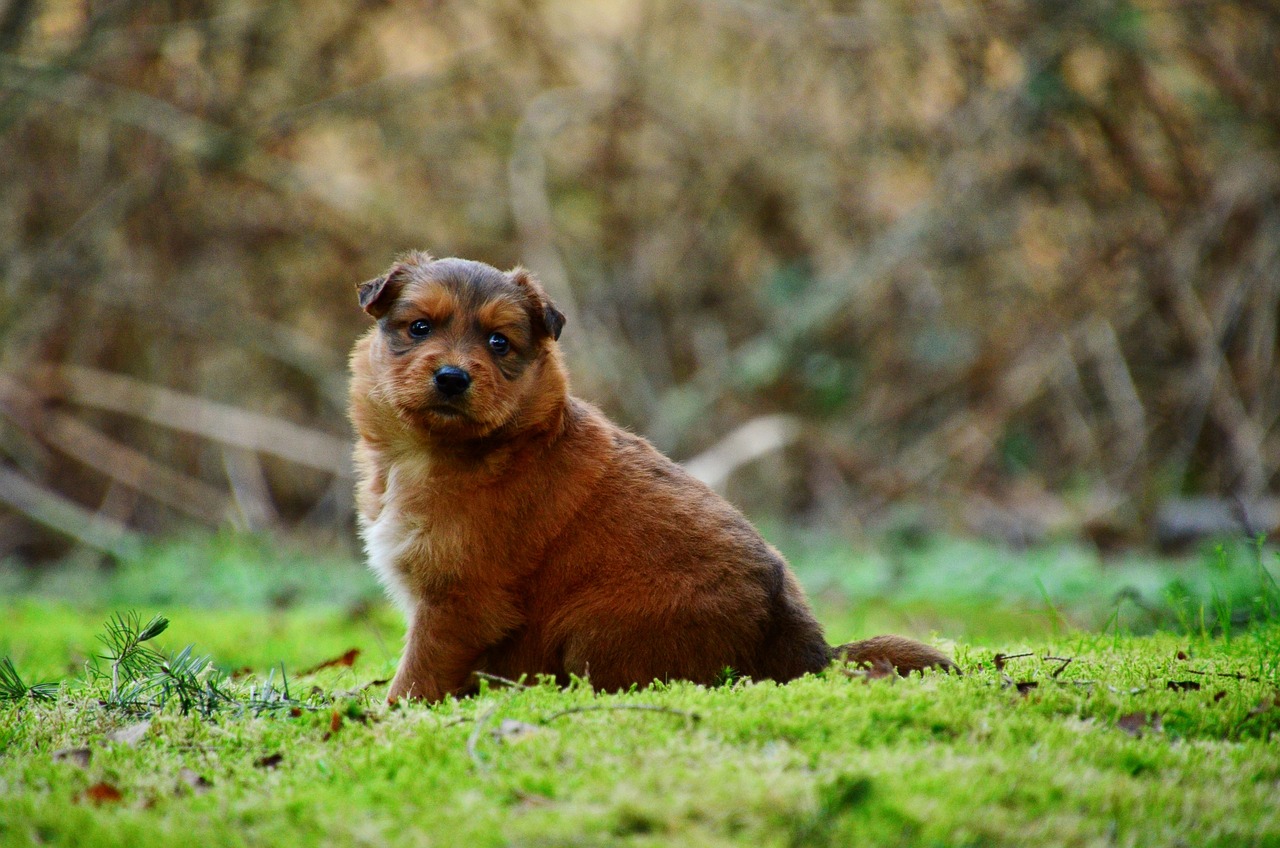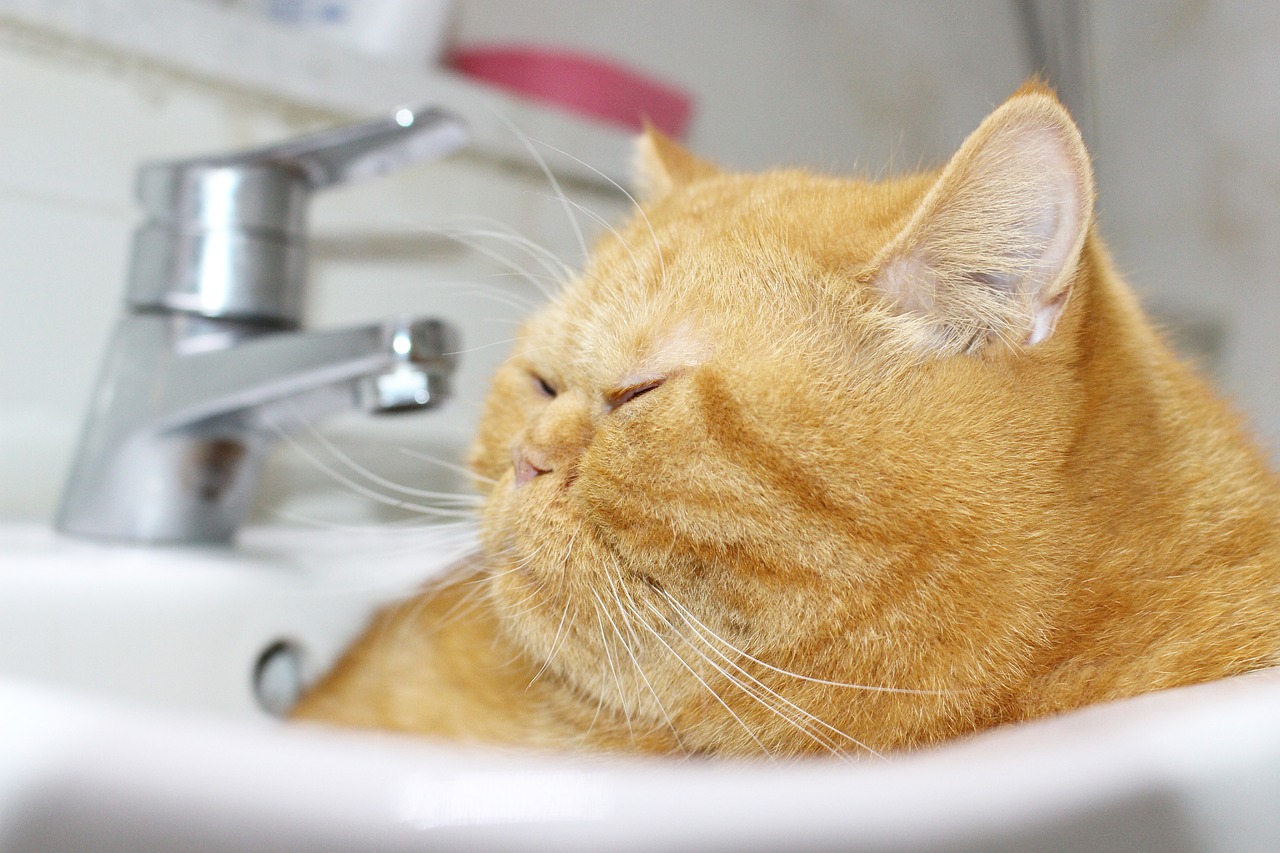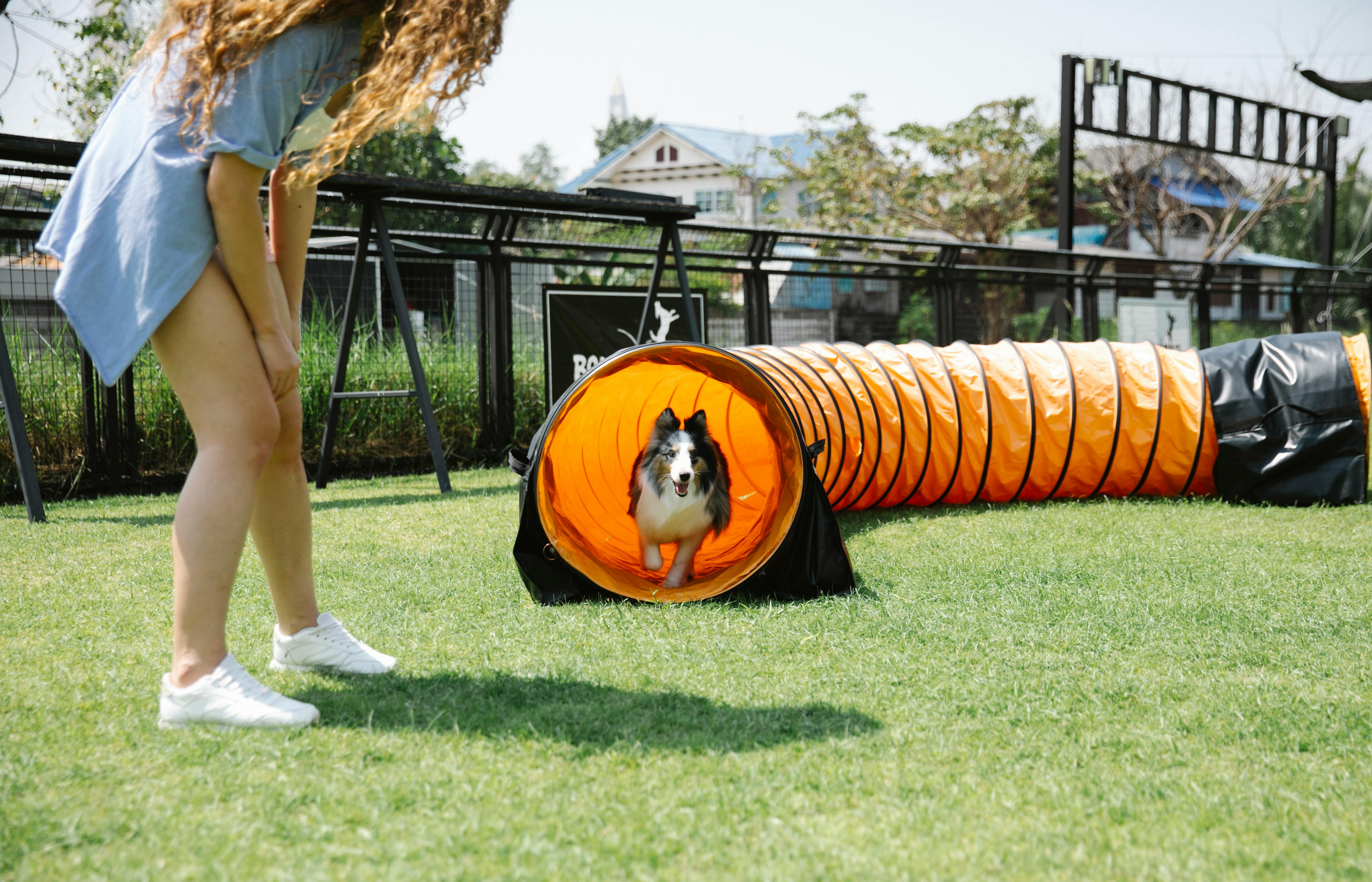All Pet Health Articles

Exercising Your Puppy: A Guide to Healthy Development
Making sure your puppy gets regular exercise is key to helping them grow into a strong, confident, and healthy adult dog. But it’s just as important not to overdo it—too much exercise while their bones are still developing can do more harm than good. Finding the right balance will keep them active without putting too much strain on their growing body.

Ways To Help Your Overweight Dog
Have you ever browsed the internet, trying to find the best dog food to help your overweight pup slim down? With so many commercial brands out there, it’s easy to feel overwhelmed. But do these foods actually help your dog lose weight?

How to Determine If Your Pet Is Overweight and How To Prevent Obesity
That moment when your pet looks up at you with those big, pleading eyes, hoping for more food—it’s hard to say no, right? We’ve all been there. Whether they’re genuinely hungry or just a little bored (which, let’s be honest, happens to us too), it’s tempting to give in and offer another treat.

10 Exercises to Keep Your Cat Active and Healthy
Getting your dog to exercise is usually pretty easy—just grab a leash for a walk or toss a ball for a game of fetch. But when it comes to cats, their need for exercise is often overlooked. Veterinarians suggest keeping your feline friend active to support their health, especially as they get older. While cats may not always be as enthusiastic about exercise as dogs, there are plenty of ways to encourage movement and play. Here are ten simple tips to keep your cat active and engaged.

10 Fun Workouts to Try with Your Dog
Why exercise alone when you can have your four-legged friend by your side? Dogs make the perfect workout buddies—they keep you motivated, add a little fun to your routine, and reward you with tail wags and cuddles afterward. If you're looking for fresh and exciting ways to stay active together, here are some dog-friendly workouts to try!

Creating a Fitness Plan for Your Canine Companion
As a loving dog owner, keeping your furry friend happy and healthy is always a top priority. One great way to do this is by creating a consistent fitness routine that suits your dog’s needs. Regular exercise not only keeps them active and full of energy but also helps prevent injuries and age-related issues like arthritis. With the right plan, you can ensure your pup stays strong and healthy for years to come. Here’s how to design a safe and effective fitness routine tailored just for your dog.
Get insurance plans with wide-ranging coverage options






